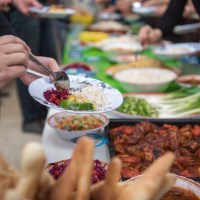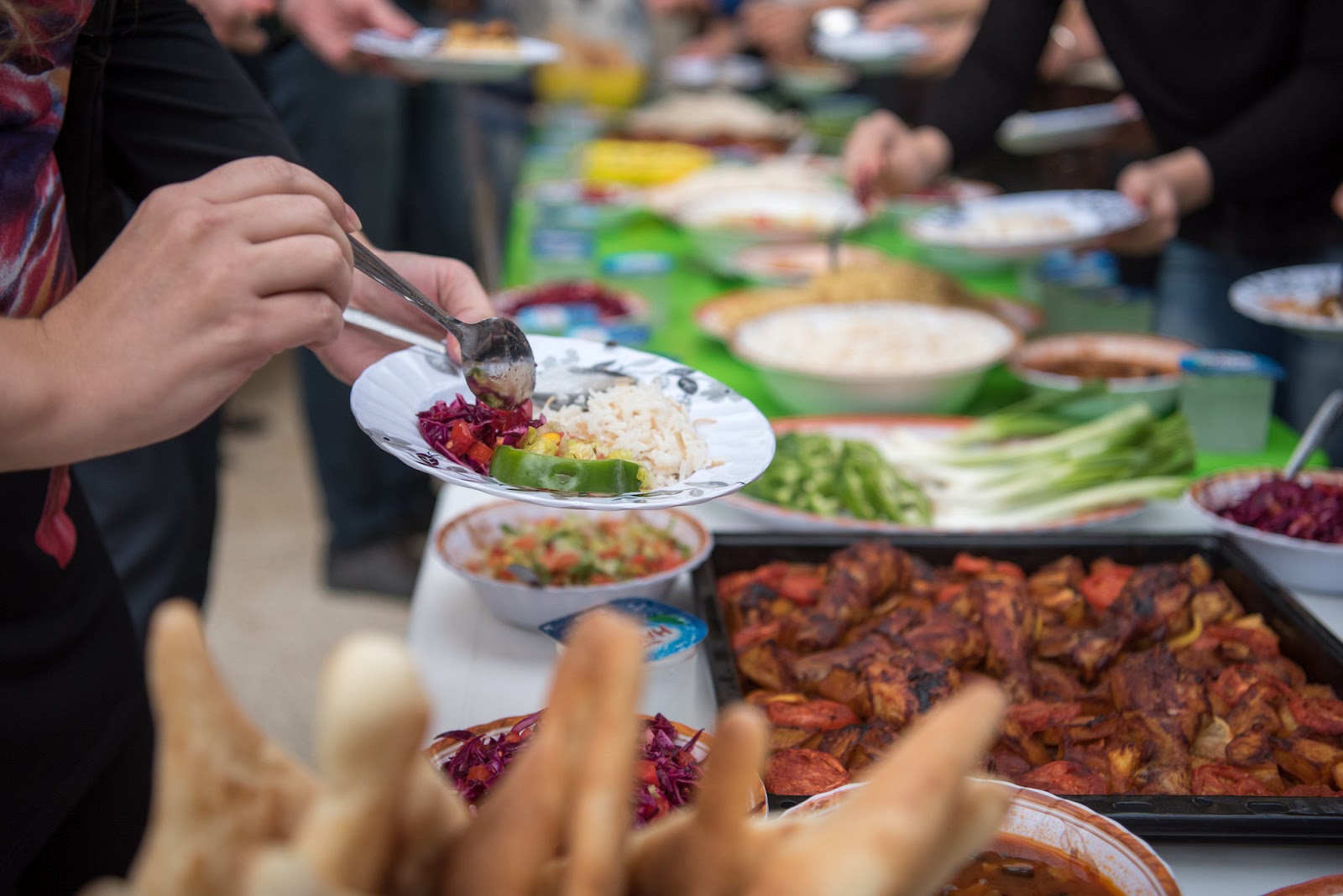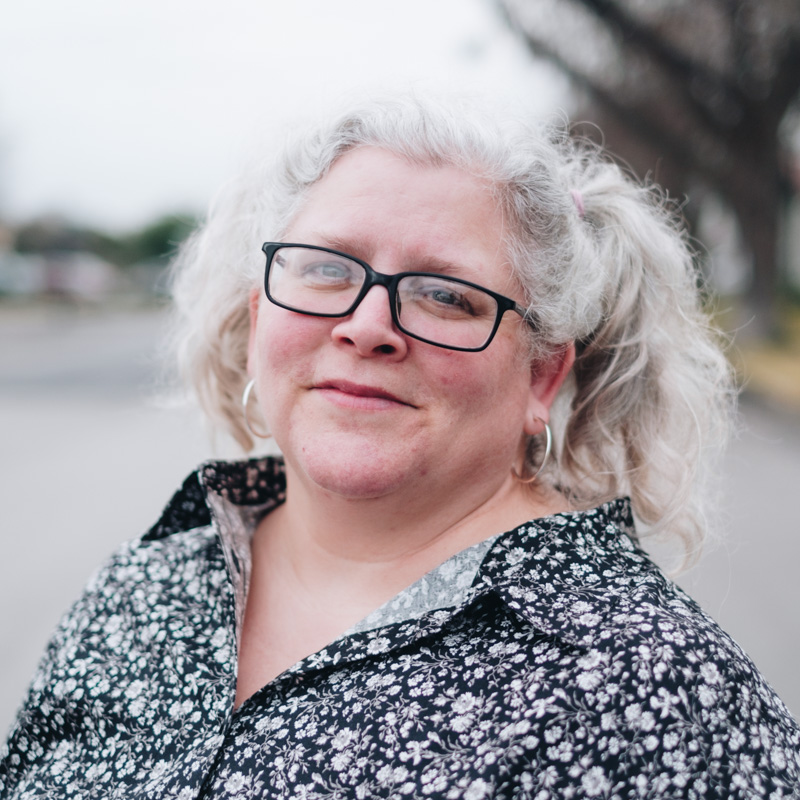Some look forward to summer get-togethers: family, friends, and planning for the perfect hamburger/potato salad/three-bean salad to popsicle ratio. Some dread the social aspect of the summer holiday season. Strained or broken relationships, whether between family members, or across the neighbor’s picket fence, can create the kind of stress that makes one wish to be alone at a cabin in the woods.
For some, summer is a time to shut down. It’s not just that we need a break from regular life, but we need a break from tense relationships. We coach ourselves ahead of time not to mention politics or religion to other parents at T-ball or swimming lessons. Outside of our own yard, a cluster of lawn chairs can be the last place in the world that feels safe for our truest selves.
Instead of avoiding everything uncomfortable–whether we’re gathered around a beach blanket, picnic table, or campfire–summer can be a time we stop “being nice” from the safety of our front porches, and instead choose to engage in a deeper way.
The more beautiful world we all long for starts with us becoming more beautiful people.
We can’t wait for the world to change, or our family to change. Our own change creates a pocket of beauty in the world.
To make the most of the occasion, here are 10 questions to ask yourself at summer gatherings this year:
- Do the people around this picnic table know I love, value, and respect them? Have I told them?
- Which person at the picnic table do I wish I knew better? How can I make that happen this year?
- Who thinks so differently than me, that I can’t imagine sharing this picnic table with them? How can I bridge that gap this year, even just a little?
- What makes me feel seen and heard? What about those at this picnic table? (They might not be the same things!)
- Who in my community do I have much to learn from? How can I share a picnic table with them?
- Whose perspective is missing from the picnic table? Whose story am I not hearing? How can I expand my circle to include different voices?
- How can I create “picnic tables”—opportunities to share meals, stories, and gratitude—other times throughout the year?
- Who in my community is doing thankless work that makes life better for me and my neighbors? How can I show them they are seen and valued?
- How have I grown since this time last year? How do I hope to be different next year?
- If I’m at a picnic table but for any of a thousand reasons wish I wasn’t, what kind of connections do I find the most life-giving? What steps can I take now, so next summer is a different experience?
*This post was originally created for the Thanksgiving table but works equally well in the summer.



 Erin Wilson
Erin Wilson